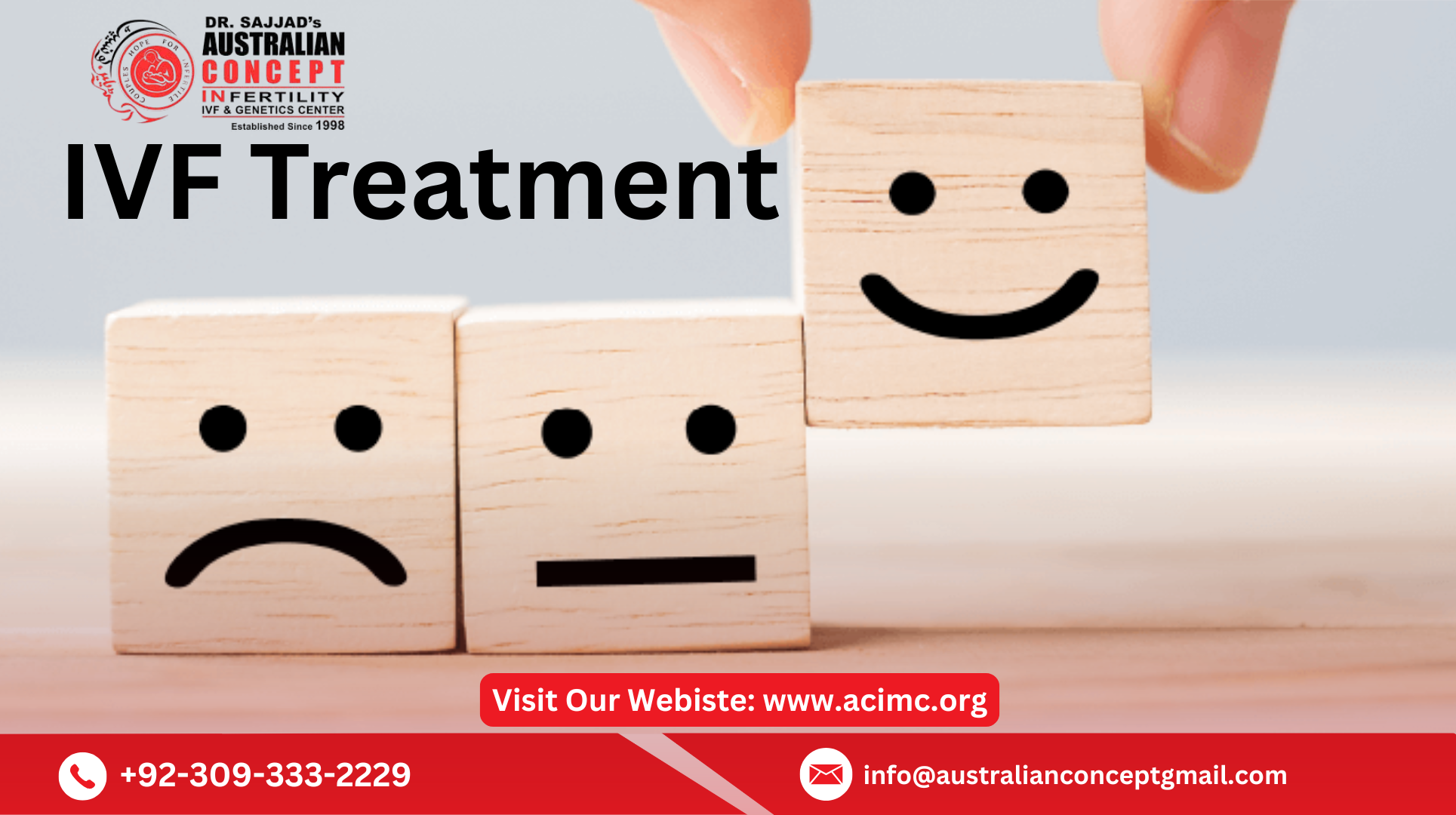Diet plays a vital role in overall health, but it becomes especially important during IVF treatment. A balanced and nutritious diet not only supports your body through the procedure but also helps create a healthy environment for embryo implantation and pregnancy. While food alone cannot guarantee success, it can certainly complement medical treatment and improve overall well-being during the IVF journey.
Why Nutrition Matters in IVF
The IVF process can be both physically and emotionally demanding. Proper nutrition supports hormone balance, improves egg quality, and enhances sperm health. It also helps prepare the uterus for embryo implantation. Eating the right foods can reduce inflammation, stabilize blood sugar levels, and provide essential nutrients that are crucial for fertility.
Recommended Dietary Changes During IVF
1. Focus on a Balanced Diet
Include a variety of fresh fruits, vegetables, lean proteins, whole grains, and healthy fats. This ensures that your body receives the right mix of vitamins and minerals essential for reproductive health.
2. Increase Protein Intake
Protein supports cell growth and hormone production. Lean meats, eggs, lentils, beans, and low-fat dairy products are excellent options. Women undergoing IVF may especially benefit from high-quality protein sources.
3. Choose Healthy Fats
Healthy fats, such as omega-3 fatty acids, help improve egg quality and reduce inflammation. Sources include salmon, walnuts, flaxseeds, chia seeds, and olive oil. Avoid trans fats and processed oils.
4. Prioritize Complex Carbohydrates
Whole grains like oats, brown rice, and quinoa release energy slowly and keep blood sugar levels stable. Limiting refined sugars and processed carbs can help maintain hormonal balance.
5. Stay Hydrated
Water is essential for overall body functions, including the reproductive system. Staying well-hydrated supports egg and sperm health, improves circulation, and helps flush out toxins. Aim for at least 8–10 glasses daily.
6. Add Fertility-Boosting Foods
- Green leafy vegetables: Rich in folate and iron.
- Berries: Packed with antioxidants to protect eggs and sperm.
- Nuts and seeds: Good sources of vitamin E and zinc.
- Avocado: High in monounsaturated fats, supporting implantation.
7. Limit Caffeine and Alcohol
High caffeine and alcohol intake may negatively affect fertility. Limiting or avoiding them is strongly recommended during IVF.
8. Maintain a Healthy Weight
Both underweight and overweight conditions can interfere with fertility. A balanced diet combined with moderate exercise helps achieve and maintain a healthy weight before and during IVF.
Foods to Avoid During IVF
- Highly processed foods with artificial additives.
- Excess salt and fried foods.
- Sugary drinks and refined snacks.
- Raw or undercooked seafood and meats, which may pose health risks.
Role of Supplements
In addition to diet, your doctor may recommend supplements such as folic acid, vitamin D, iron, and CoQ10 to support egg and sperm health. Always follow medical advice before starting any supplements.
Conclusion:
Making the right dietary choices during IVF treatment can positively influence your reproductive health and improve your chances of success. Eating a nutrient-rich, balanced diet, staying hydrated, and avoiding harmful foods are simple yet powerful steps that can support your IVF journey. Alongside medical care, these lifestyle changes provide your body with the strength it needs to achieve a healthy pregnancy.
For More Details: https://acimc.org/ivf-lahore/


